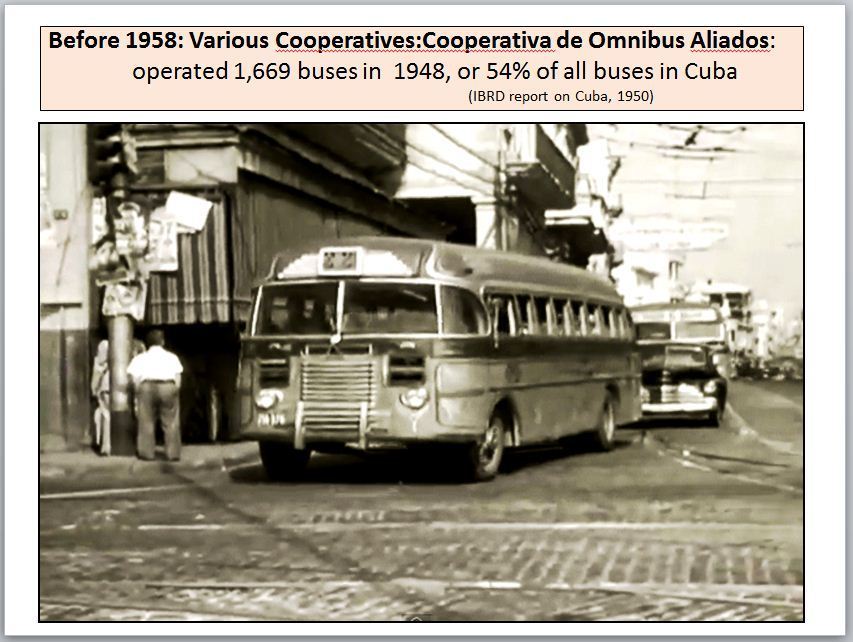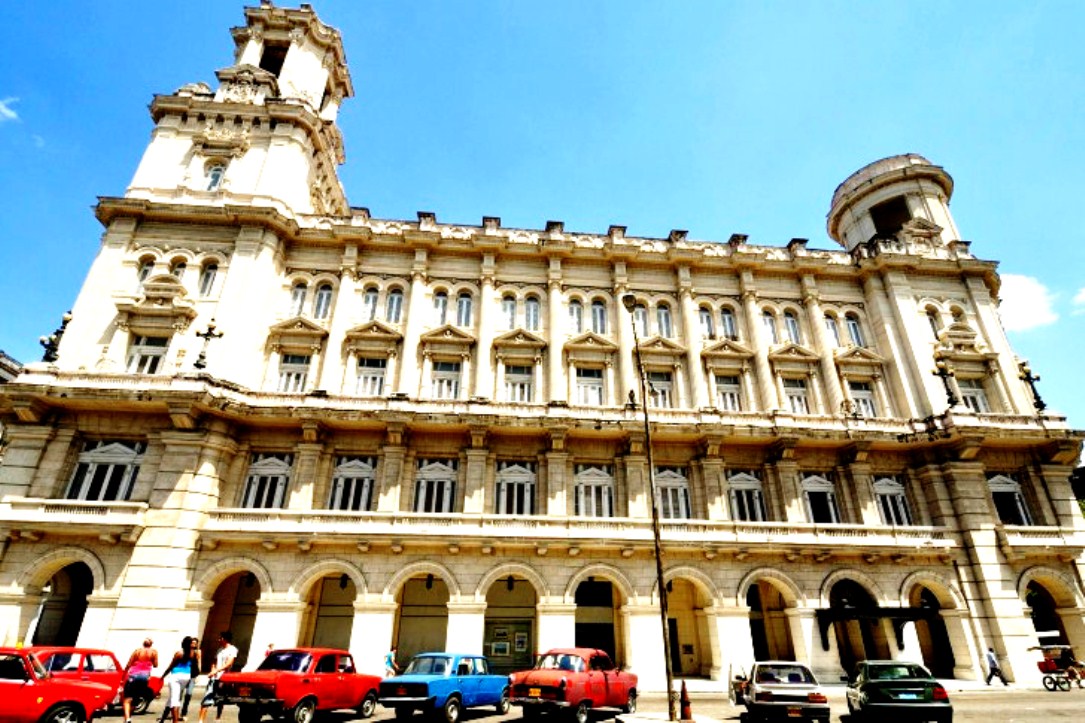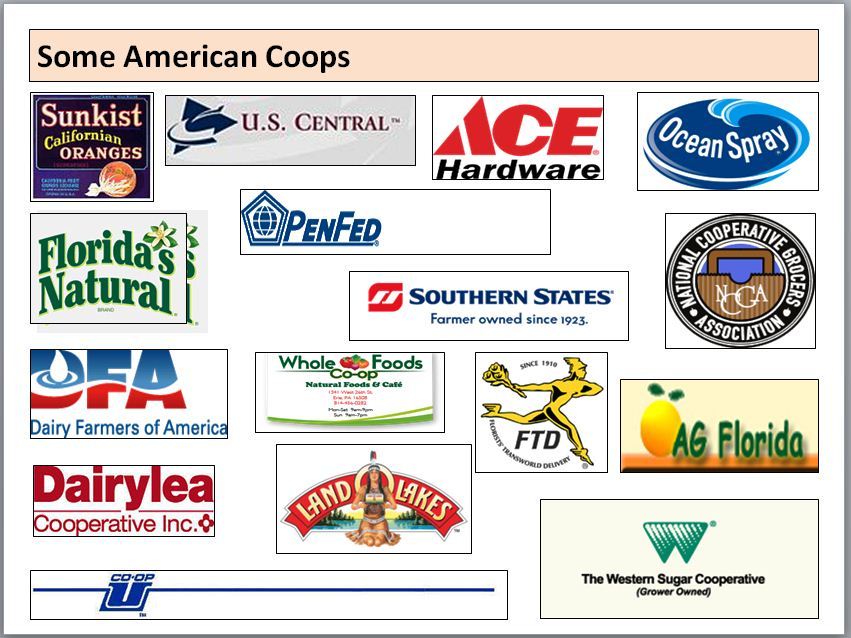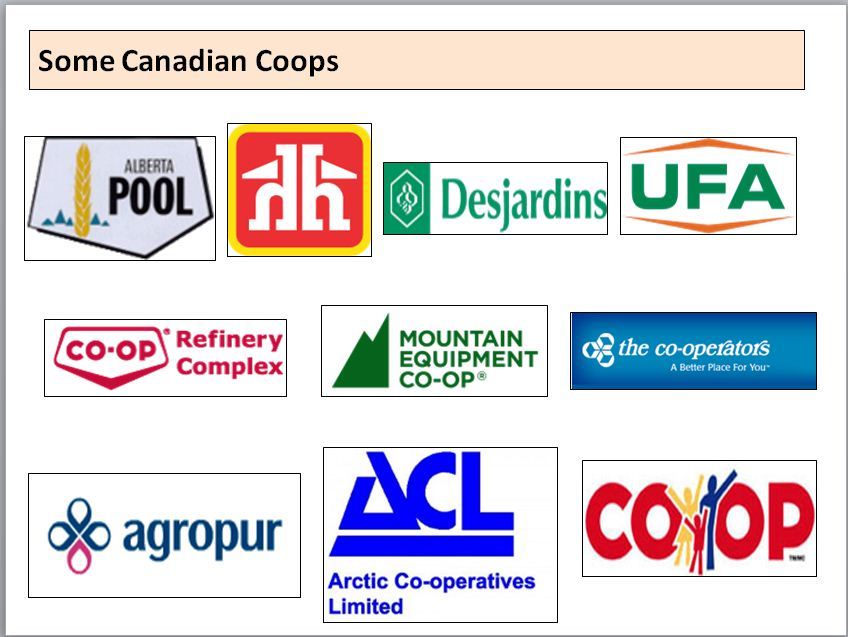Below is an analysis of Cuba’s move toward non-agricultural cooperatives, presented at the meetings of the Association for the Study of the Cuban Economy in July 2013 and published in the Proceedings of that Conference.
The complete essay can be read here: Cuba’s Move towards Non-Agricultural Cooperatives
By Archibald R. M. Ritter
In the process of re-analyzing the issues and problems facing the Cuban economy following the July 2006 accession to power by Raúl Castro, it was concluded that much of the state sector of the economy — and the planning process under which it operated — was irredeemably inefficient. Numerous attempts had been made to improve its operation, but all were without significant success. This was typified sharply by the collapse of the sugar agro-industrial sector, by the inability of the non-sugar industrial sector to be revived after its collapse in 1989-1992, by the continuing shortcomings of the consumer economy and by the burgeoning of the underground economy. In response to this continuing predicament, Raúl Castro’s Government produced the “Draft Guidelines for Economic and Social Policy” of October 2010 with a final version in May 2011, which notably called for the establishment of an enabling environment for small enterprise, among other things. The “Guidelines” document also included a section on the promotion of new non-agricultural cooperative enterprises. This institutional form was the object of considerable analysis within the Cuban Government between 2008 and 2012.
On December 11, 2012, a battery of new laws and regulations on cooperatives were published in the Gaceta Oficial No. 53, including two Council of State Decree-Laws, two Ministerial Resolutions, one Council of Ministers Decree, and one Ministerial “Norma Específica de Contabilidad.” This legislation outlined the structuring, functioning, governance and financial organization of the new cooperatives and provided the legal framework within which they were to operate. It permitted and defined a new type of economic institution for Cuba, one that would have been out of the question under the presidency of Fidel Castro, but that holds the potential for revolutionizing the institutional structure of the Cuban economy. The legislation presented the cooperatives as “experimental,” and indicated that after some 200 were initially approved, the institutional form would be reappraised and modified as appropriate. There is therefore some uncertainty regarding the long-term character of the legislative framework governing the structure and functioning of the cooperatives. However, in our judgment, the reform will more likely be more “loosening” rather than restricting – assuming that Raúl and his successors do not return to the de-marketizing and centralizing orientations of the previous “Fidelista” era.
In essence, the new legal regime for non-agricultural cooperatives provides for ownership and management of the enterprise by its employees, with mainly independent management and control –– over the setting of prices, the purchase of inputs, decisions regarding what to produce, labor relations and the remuneration of members.
Reforms of state enterprises were announced on July 7, 2013 by the Minister responsible for the reform process, Marino Murillo (Frank, 2013). State enterprises were to be granted greater control over their profits – retaining 50% thereof for their own uses – as well as over wages and salaries, investment expenditures, and the purchase of imported inputs. It was still unclear as to whether prices were to be controlled by the state planners or by market forces. It is still too early at the time of writing to say whether these changes in the regimen for state firms will amount to a reliance on the forces of supply and demand for their social control. However, they signal a shift towards a more mixed economy, greater decentralization of economic management, and a diminished role for the central planning authority.
This type of worker ownership and management within a market environment could be regarded as a variant of “market socialism.” Cuba is launched on a path towards a hybrid type of mixed economy with a still-significant state sector, an expanding small enterprise sector, a joint venture (foreign and domestic state enterprise), and now an employee-owned and managed sector.
Only Yugoslavia prior to its break-up included a large part of its economy under a unique form of workers’ management, though it still seems to have involved authentic workers management in theory more than in practice (Carson, 1973). Most other countries have cooperative enterprises of various types that survive and thrive. However, while some cooperative enterprises are large and highly successful, no form of cooperative model has taken over a majority share of the economy in any country since Yugoslavia disintegrated in 1990-1992.
If Cuba’s new legislative framework for non-agricultural cooperatives is sustained, and if they actually function as they are intended, their governance and operation will be quite democratic and egalitarian in terms of the decision-making process within the enterprise and the distribution of income among members. The adoption of this cooperative model, involving workers’ ownership and management and operating under market mechanisms, could turn out to be a major institutional innovation for Cuba. In the current context of the existing economic structures in virtually all of the countries of the world, this might prove to be innovative and perhaps revolutionary, though it is still too early to judge.
THE COOPERATIVE ALTERNATIVE
THE 2012 LAW ON NON-AGRICULTURAL COOPERATIVES
POTENTIAL OF THE COOPERATIVE COMPONENT FOR THE CUBAN ECONOMY
DIFFICULTIES AND LIMITATIONS OF CUBA’S COOPERATIVE LAW
IMPLEMENTATION BEGINS
Centro Gallego
SUMMARY AND CONCLUSION
Cuba’s December 2011 initiative for the establishment of non-agricultural cooperatives may permit the emergence of larger scale non-state enterprises that could operate with greater effectiveness than state enterprises. Moreover, such cooperatives may well have advantages over private sector enterprises particularly regarding the equity of their income distribution arrangements and also workers’ incentives and levels of commitment.
If this initiative is implemented broadly in the Cuban economy, it could constitute a change and perhaps an improvement of historic dimension. With much of the state sector of the economy converted to cooperative institutional forms, Cuba could become a country of “cooperative socialism,” which would be quite different from the highly centralized and state-owned system to which it has aspired for half a century.
However, authentic cooperatives are not easy to establish, to manage or to operate effectively. There are also a number of uncertainties and potential problems which are specific to the Cuban case, judging from the legislation. Perhaps the more serious of these potential difficulties include firstly, the approval process which is unclear and susceptible to control from the center; secondly, the nebulous role of the Communist Party in the functioning of the enterprises; thirdly, the limited possibility of hiring of non-member workers; is very limited and finally, the uncertainty as to whether or not cooperatives providing professional services of various sorts will be permitted.
It is wise that the government is proceeding cautiously and that it is considering the cooperative enterprises’ first phase as “experimental” and tentative in character. The legislative framework within which these cooperatives operate can then be modified on the basis of the initial experience. This pragmatic approach is pointedly different than the decision-making process under President Fidel Castro, in which substantive policy shifts and institutional changes were determined by the President and implemented rapidly such that the full foolishness of the decisions would become apparent only after it was too late to change course.
If it comes to fruition as it is envisaged in the cooperatives legislation, the role of worker management and of worker control could constitute a significant degree of “economic democracy” for Cuba. This would be a significant and, indeed, a paradoxical development in view of the near complete lack of authentic democracy in Cuba’s political system. Will democracy in the workplace generate a strong pressure and impetus for the spread of genuine participation in the political sphere?
[1] I would like to thank Ted Henken and Jorge Pérez-López for valuable substantive as well as editorial contributions in the preparation of this essay.
BIBLIOGRAPHY
Carson, Richard. Comparative Economic Systems. New York: Macmillan, 1973.
Caruso-Cabrera, Michelle. 2013. “Cuba shows beginnings of free enterprise—sort of,” CNBC, July 12.
Ciudad de La Habana.2010. Proceso de reducción de plantillas. (Power Point Presentation) August 24.
Cuba Libre Digital. “La burocracia ‘socialista’ consume a las nuevas cooperativas no agropecuarias.” 10 de enero de 2013.
Decree 309, Council of Ministers. Gaceta Oficial de la República de Cuba, Número 53. 11 de diciembre de 2012.
Decree-Law 305. “De las cooperativas no agropecuarias.” Gaceta Oficial de la República de Cuba, Número 53. 11 de diciembre de 2012.
Frank, Marc. 2013a. “Cuba’s non-farm co-ops debut this week amid move toward markets,” Chicago Tribune, June 30.
Granma. September 11 and 14, 2012.
Horvath, Branco. “Yugoslav Economic Policy in the Post-War Period: Problems, Ideas and Institutional Developments,” American Economic Review, June 1971.
International Cooperative Alliance. WebSite: www.ica.coop (accessed January 15, 2013).
Juventud Rebelde. 18 de diciembre de 2012. “Debate sobre la nueva ley de cooperativismo : Se buscan socios.” http://www.cubainformacion.tv/index.php/economia/47243–cuba-extiende-las-cooperativas-a-a-la-traduccion-la-informatica-y-la-contabilidad. Accessed January 16, 2013.
La Nación. “Primeras cooperativas no agropecuarias en Cuba comienzan en una semana.” San José, Costa Rica. 23 de junio de 2013.
Mesa-Lago, Carmelo. Market, Socialist and Mixed Economies: Comparative Policy and performance, Chile, Cuba and Costa Rica. Baltimore and London: Johns Hopkins University Press, 2000.
Ministry of Finance and Prices. Resolución 427/2012, Gaceta Oficial de la República de Cuba, Número 53. 11 de diciembre de 2012.
Partido Comunista de Cuba. Proyecto de Lineamientos de la Política Económica y Social del Partido y la Revolución. La Habana, noviembre de 2010
Partido Comunista de Cuba. VI Congreso. Lineamientos de la Política Económica y Social del Partido y la Revolución. La Habana, 18 de abril de 2011.
Peters, Phil. Reforming Cuba’s Agriculture: Unfinished Business. Arlington Virginia: Lexington Institute, 2012.
Piñeiro Harnecker, Camila. (Compiladora). Cooperativas y Socialismo: Una Mirada desde Cuba. La Habana: Editorial Caminos, 2011.
Piñeiro Harnecker, Camila. “Las cooperativas en el nuevo modelo económico,” in Pavel Vidal Alejandro and Omar Everleny Perez Villanueva (Compiladores) Miradas a la economía cubana: El proceso de actualización. La Habana: Editorial Caminos, 2012.
Piñeiro Harnecker, Camila. “Visiones sobre el socialismo que guían los cambios actuales en Cuba.” Revista Temas, No. 70, abril-junio de 2012, La Habana.
Vanek, Yaroslav. “Decentralization under Workers Management: A Theoretical Appraisal.” American Economic Review, December 1969.






